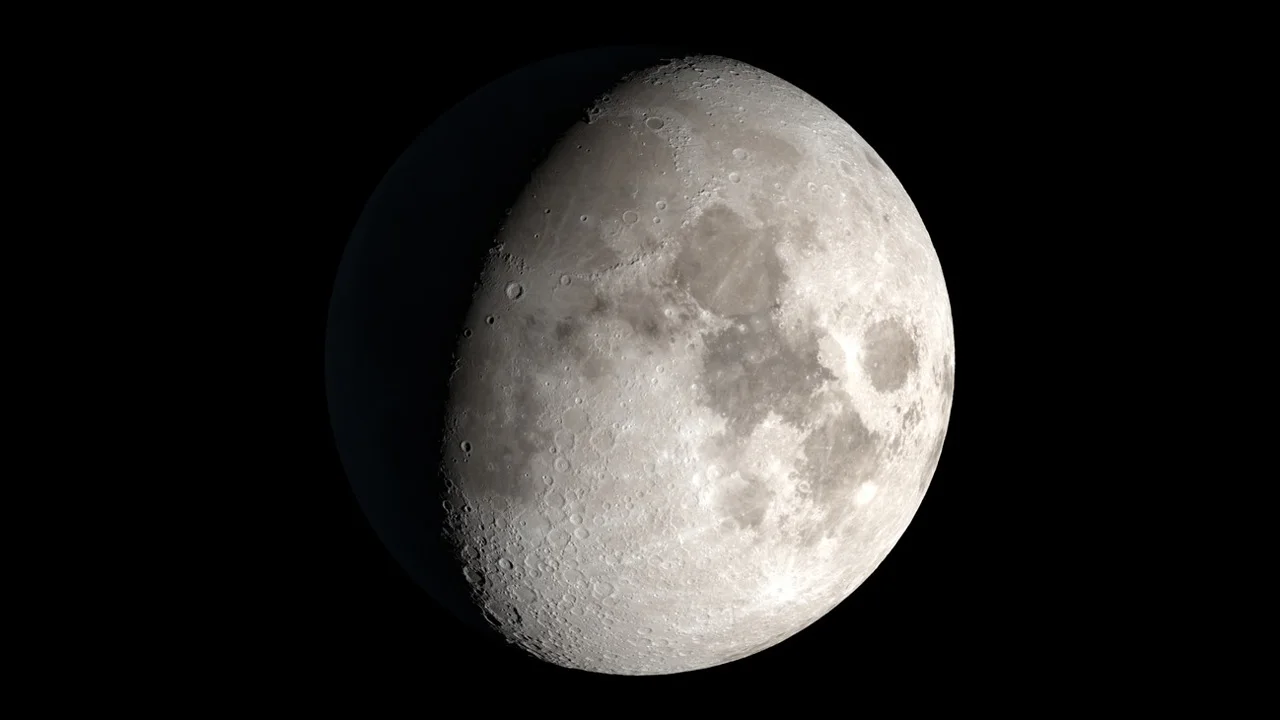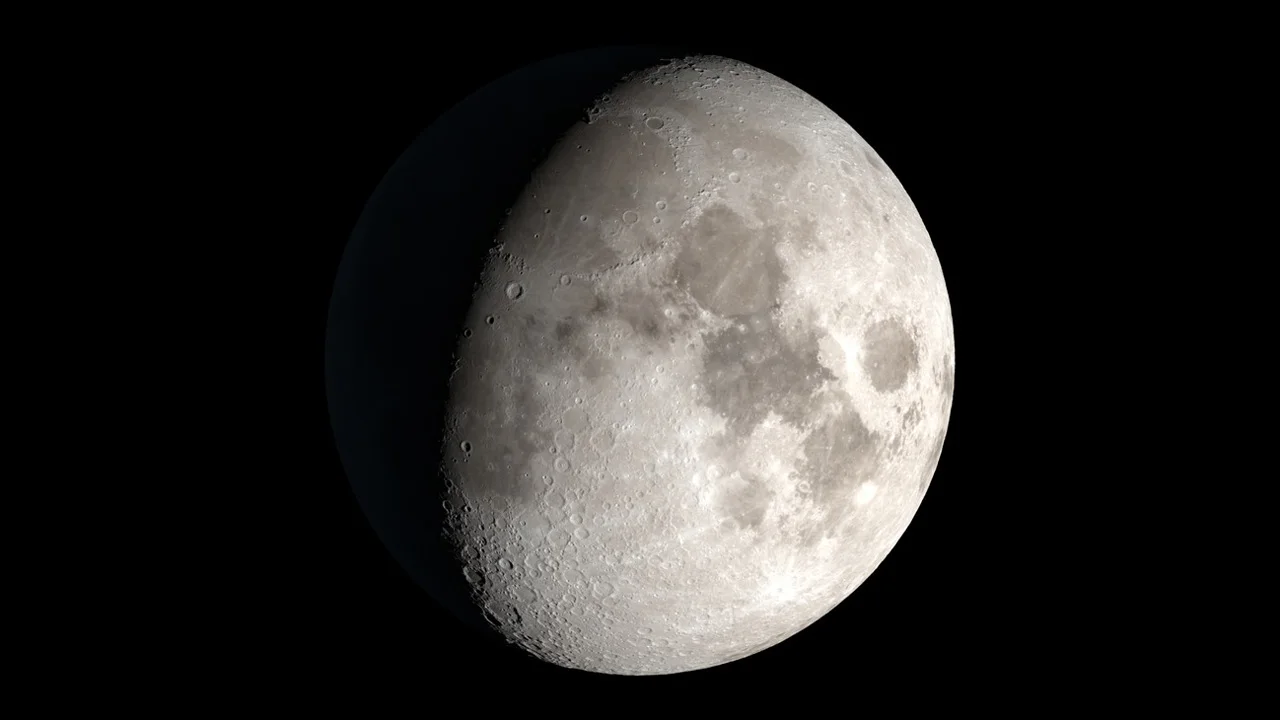
Russia and China announce plans for joint lunar base
The two countries both have a history of lunar probes, but have never sent crewed missions to the moon.
After sending unmanned probes to Earth's moon in the past, Russia and China now plan to jointly develop a new lunar base.
Russia's space agency, Roscosmos, announced the agreement last week with the China National Space Administration to build what the two countries called the International Lunar Research Station (ILRM).
"The ILRS is a comprehensive scientific experiment base with the capability of long-term autonomous operation, built on the lunar surface and/or on the lunar orbit that will carry out multi-disciplinary and multi-objective scientific research activities such as the lunar exploration and utilization, lunar-based observation, basic scientific experiment and technical verification," the agencies said in a release.
The planned station will also be open to other countries to access.

Though multiple countries, including Russia and China, have sent probes to the moon, only the United States has sent crewed missions. Credit: NASA.
Only the United States has carried out crewed missions to the moon so far, culminating in the Apollo 11 landing in 1969.
Both China and Russia, along with its predecessor, the U.S.S.R., have sent unmanned probes to the moon. The Soviets sent several in the 1960s and 1970s, with the Chinese attempts happening in the 21st Century, under its Chang'e program. The Chang'e missions included several firsts, including the first landing on the moon's dark side and sprouting plants in an incubator onboard one lander. The most recent Chinese mission, Chang'e 5 in December 2020, sent back rock samples from the lunar surface for the first time in decades.
In terms of space stations, Russia relies on the expertise gained during its operation of its Mir space station, from the launch of its first component in 1986 to its final deorbit in March 2001. Russian astronauts continue to participate in the International Space Station.
China, meanwhile, is a relative latecomer to the space station game, but is making strides. The country launches its first space laboratory, Tiangong-1, in 2011, and plans to launch the first module of a larger space station, Tianhe, in 2021.










